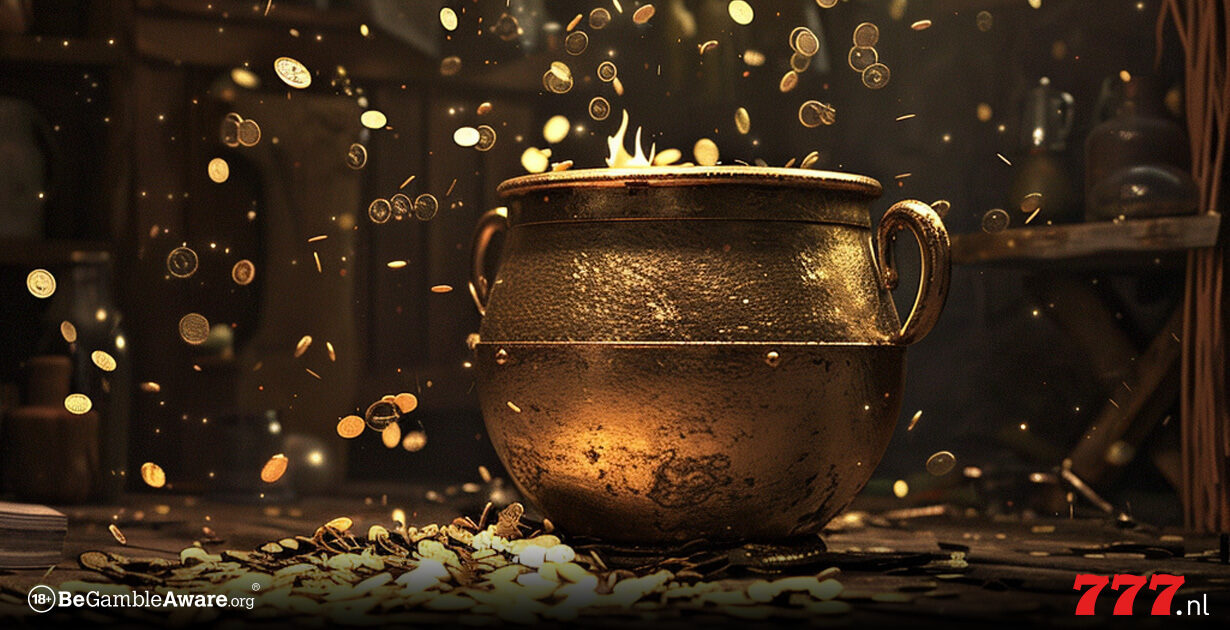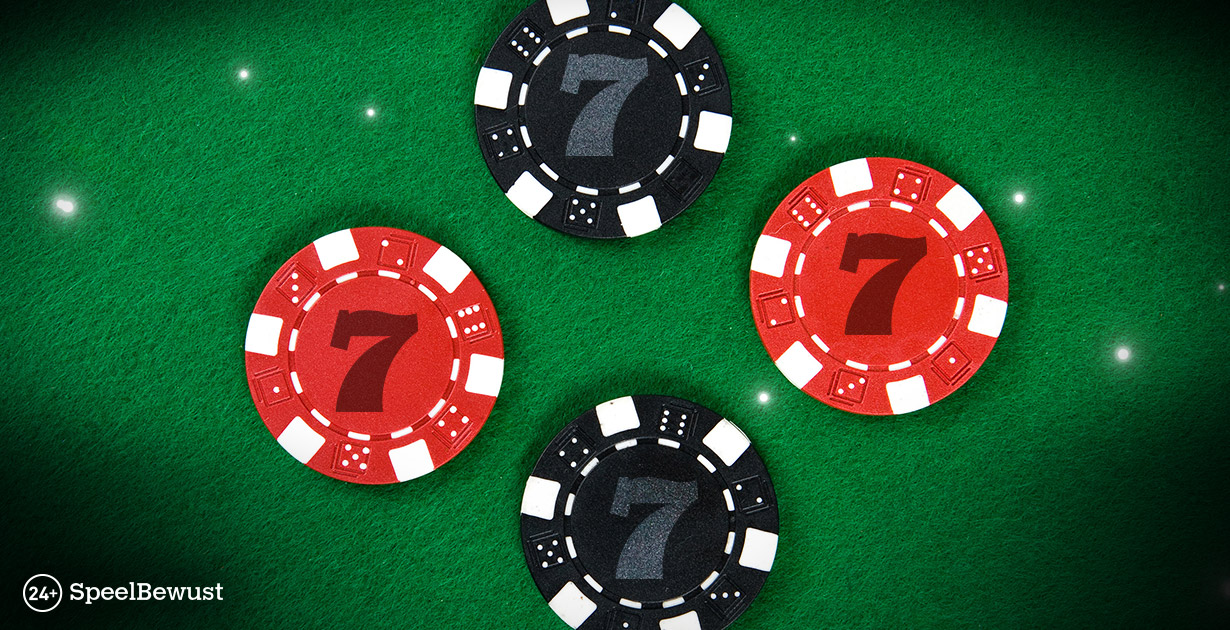Superstitions and beliefs play a significant role in the lives of many people, especially when it comes to gambling in the casino. Historically, people have tried to influence their luck with numerous rituals and symbols. Whether you are playing in a physical casino or an online casino, the question remains: can you really influence your luck? In this blog, we delve deeper into the phenomenon of superstitions and beliefs within the world of casinos and online casinos.
What is Superstition?
Superstition refers to beliefs or practices based on irrational or supernatural causes. These beliefs are often rooted in tradition or culture and are passed down from generation to generation. In the context of casinos, superstition can range from wearing a certain colour to performing specific rituals before placing a bet.
Common Superstitions in Casinos
There are countless superstitions followed in casinos worldwide. Here are some of the most well-known:
Wearing Red Clothing
In many Asian cultures, red is considered a lucky colour. Many players wear red clothing while gambling, hoping it will enhance their luck. This superstition is particularly popular during Chinese New Year, a time when luck and prosperity are central themes.
Touching Wood
In some Western cultures, people believe that touching wood will bring them luck. This superstition stems from the ancient belief that trees house spirits that can bring good fortune.
Not Changing Seats
Another common superstition in casinos is that you should never change seats when you are on a winning streak. Players believe that changing their position can alter their luck, often for the worse.
Strange Superstitions and Rituals
Some superstitions are downright strange and can baffle outsiders. Here are a few of the most peculiar superstitions in the world of casinos:
Taping Money
In some parts of the world, especially in Asia, people believe that taping their money will prevent it from “running away” and bring them luck in the casino. This superstition may seem bizarre, but many gamblers swear by it.
Wearing Blue Underwear
In Argentina, some gamblers believe that wearing blue underwear will enhance their luck. This superstition is so widespread that it is even followed during New Year’s Eve, in the hope of a year full of good fortune.
Avoiding the Number 13
The number 13 is considered unlucky in many cultures. In casinos, this often means that tables numbered 13 are avoided, and some hotels even skip the thirteenth floor to prevent bad luck.
Do These Superstitions Really Work?
It is difficult to find scientific evidence that superstition actually works. Many of these beliefs are based on coincidences and the placebo effect. If someone believes that a particular ritual brings them luck, they may become more confident, which can improve their performance. However, there is no concrete evidence that superstition can actually influence your chances in the casino.
Common Misconceptions
In addition to these superstitions, there are also some common misconceptions that players have about influencing their luck in casinos:
Controlling the Slot Machine
Many players believe they can influence the outcome of a slot machine by pressing the buttons or pulling the lever in a certain way. In reality, slot machines are entirely random and are controlled by a Random Number Generator (RNG), meaning each spin is independent of the previous one.
Hot and Cold Machines
Another common misconception is the idea of “hot” and “cold” machines. Players think that a machine that has just paid out a large win is “cold” and will not pay out again soon. In reality, each spin is independent, and the previous outcome has no influence on the next.
Using Certain Strategies
While there are strategies that can help improve your chances, such as managing your bankroll or choosing games with better odds, there are no strategies that can guarantee you a win. The house always has an edge, and gambling remains a game of chance.
Conclusion
Superstitions and beliefs are deeply rooted in the world of casinos and online casinos. While many of these superstitions have no scientific basis, they can still play an important role in the player’s experience. Whether it’s wearing red clothing or avoiding the number 13, these rituals can give players a sense of control and confidence, even if they do not actually influence their chances.
Whether you are an avid gambler or just enjoy the occasional flutter, it is important to remember that luck is ultimately a matter of chance. Enjoy the thrill and excitement that gambling brings, but do not let superstition take over. Have fun and play responsibly!
Frequently Asked Questions About Superstitions and Beliefs in the Casino
1. What are the most common superstitions in casinos?
There are countless superstitions followed in casinos worldwide. Some of the most common include wearing red clothing (especially in Asian cultures, where red is seen as a lucky colour), touching wood for luck, and not changing seats while on a winning streak. Other well-known superstitions include avoiding the number 13 and performing specific rituals before starting to play.
2. Can you really influence your luck through superstition in the casino?
There is no scientific evidence that superstition can actually influence your chances in the casino. Superstition is often based on coincidences and the placebo effect. If someone believes that a particular ritual brings them luck, they may become more confident, which can improve their performance. However, the house always has an edge, and gambling remains a game of chance.
3. What are some strange superstitions that are followed worldwide in casinos?
Some of the stranger superstitions in casinos include taping money (especially in Asia, where it is believed to prevent money from “running away”), wearing blue underwear in Argentina for luck, and avoiding certain numbers such as 13, which is seen as unlucky. These superstitions can vary depending on culture and region.



